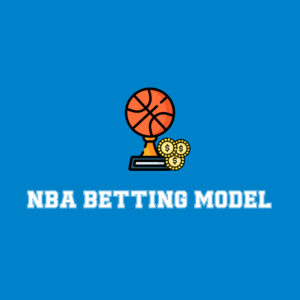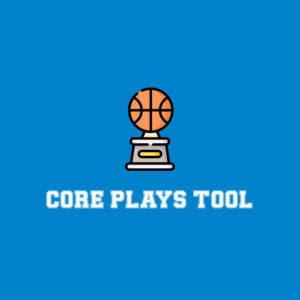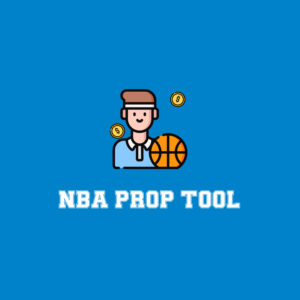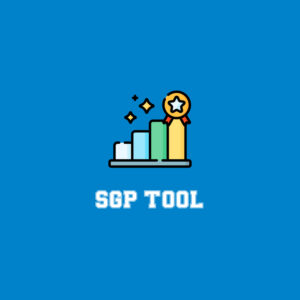
(It’s fantasy baseball draft season! The FTN Fantasy team and a host of helpful guests present our Ultimate 2025 Fantasy Baseball Guide. Check it out and prepare for the 2025 MLB season.)
Many of us just wrapped up a long fantasy football season. If you’re a subscriber at FTN, there’s a good chance you made it to Week 17 with something to play for. Don’t believe me? Check out our Discord.
Yet, like all things in life, it’s never too early to start preparing for your next journey. You can’t be a fantasy baseball pro if you aren’t balancing 4-5 drafts before Thanksgiving. It’s a good lesson for those who may have had a lackluster fantasy baseball season in 2024. You have to outwork the competition if you want results. Not everyone has flipped into baseball mode, however. I’m here to help. This article will be a primer on how to attack fantasy baseball points leagues on Yahoo, CBS and ESPN platforms. Points leagues are (and have been) a specialty of mine since I started playing this great game a few decades ago. They include different strategies you won’t use in the more traditional roto leagues.
In fact, points leagues are so different, it took me a few months to realize I was managing my NFBC teams like a complete buffoon. So if you want to be young and experimental and try a points league for the first time, this is the place to be. If you’re a veteran who can’t figure out why sixth place always has your name on it, I’ll help expose your flawed strategies.
Before we get started, we need to nail down the scoring settings on each platform. If you don’t know your league settings, that’s a great way to instantly fall behind the competition. Don’t be that guy who says, “But I thought we had $1,000 in FAAB, not $100” in June.
Launching early in 2025, FTN’s revolutionary new Custom Rankings Tool will allow you to set your custom league settings for Points or Roto leagues and automatically build a rankings list based on FTN VDP Projections. The Custom Rankings tool will have a default setup for ESPN, CBS and Yahoo H2H Points leagues. Here are the default scoring and default setting on the top points league platforms:

That’s obviously a lot to digest. It’s pretty simple once you go through it a few times. So let’s take a five minute break here while you do that.
Good? All right. Let’s get to the primer.
Fantasy Baseball Points League Strategy
Yahoo Leagues
The first thing to know about Yahoo leagues is that you shouldn’t play there. Just kidding. Well, sort of. The scoring is very odd on this platform, so it’s essential you pay attention. If you have no intention of playing on Yahoo, you can skip to the next section(s).
Let’s start with the Yahoo hitters and craft a winning strategy.
Yahoo Hitters

Stolen bases mean slightly more in this format. That instantly sends players like Elly De La Cruz up my draft board several rounds, if not more. There’s also no penalty for strikeouts in this format. If you take nothing else from this section, remember those few words. It’s yet another reason to take De La Cruz early. Or Jarren Duran. Or Jazz Chisholm Jr. I bet you didn’t expect me to mention Brenton Doyle this early in the article (or at all). His value in Yahoo leagues is way higher than other formats because he steals bases and hits for some pop, and his 150-plus strikeouts won’t cost you any points.
In other formats, Doyle would instantly lose up to 150 of his seasonal points for those strikeouts. Not here.
While steals are counted in other formats, they are the same value as a single in ESPN. On Yahoo, they are worth close to a double, and there’s no penalty for a caught stealing. On CBS, stolen bases are worth the same as a double. We’ll get to that later. But there’s a caught stealing penalty, so it evens things out a bit.
The main takeaway here is we don’t have to worry about power bats who whiff all the time. The raw points they accrue throughout the year come with no penalties. So feel free to sort your projections by home runs if you feel the need to draft a power bat in the middle of your lineup. And if they swipe some bases too, that’s just a bonus.
Yahoo Pitchers
Once again, Yahoo is vastly different from the other platforms. Wins are sacred in this format. For this exercise, let’s assume a pitcher records this line: 6 IP, 4 H, 2 ER, 5 K, 2 BB and a win. Solid outing. Before the win is calculated by the platform, this pitcher would have 19.2 points on Yahoo compared to 13 points on ESPN. Once you tack on the 8 points for a win on Yahoo, they end up with 27.2 points. On ESPN, you only add 2 points for a win for a total of 15.
Yahoo’s win accounts for 29% of the final score, while ESPN’s accounts for just 13%. I’ll get to CBS later.
Yahoo doesn’t penalize pitchers for losses. They also reward strikeouts more than other platforms. If your pitcher strikes out the side in a perfect inning, that’s a 12-point inning, compared to just a 6-point inning on ESPN.
This makes it pretty clear which pitchers should be prioritized. If I was doing a draft today, I’d look at the Vegas win totals for each team and the projected ace of that staff. Or I’d simply sort through projected strikeouts and look for pitchers on the Yankees, Dodgers, Phillies, Braves … you get the point. Those pitchers should move up the draft board in Yahoo. Since you’re not penalized for losses, you can still target pitchers on terrible teams with high strikeout rates.
I know I’ve mentioned ESPN quite a bit in this section, but let’s move to CBS first since I’ve been teasing it.
CBS Leagues
Playing in a CBS league is much different than Yahoo. It closely resembles ESPN, but with a few caveats. Let’s start with hitters.
CBS Hitters
Although Yahoo scoring is 2.9 for a single, 5.2 for a double and so forth, the value remains the same in CBS, with a single being one point, a double being worth twice as much as a single (2 points), a triple being worth three times as much as a single (3 points), etc.
The slight difference between CBS and Yahoo is that the latter awards just 1.9 points for runs and RBIs. That’s less points for a run scored than a single. In CBS, runs scored and RBIs are worth the same as a single (1 point). So an RBI single would count as 2 points in CBS (same value as a double), whereas in Yahoo, it’s 4.8 (.4 points less than a double). That means run producers carry more value in CBS. However, unlike Yahoo leagues, there is a penalty for strikeouts (-0.5 points). So if a hitter routinely strikes out 150 times per season, that’s a loss of 75 points at the end of the year that you wouldn’t have in Yahoo formats.
I know your head is probably spinning a bit. Guys who whiff a ton in Yahoo aren’t affected by any penalties. But their runs and RBIs aren’t as valuable as in CBS Leagues – where the runs and RBIs are more helpful but you’re penalized -0.5 points per strikeout.
The morale of the story here is CBS hitter values should remain relatively unchanged. There’s a slight downgrade for hitters who strike out a ton. We don’t need to be shoving people aside to draft Steven Kwan or Luis Arraez, but Teoscar Hernández takes a bit of a hit here. Same goes for guys like Kyle Schwarber, Oneil Cruz, Adolis García and Eugenio Suárez.
One caveat: Stolen bases are worth two points in CBS leagues. In terms of pure value, stolen bases are more valuable in this format than any of the other platforms. You are penalized -1 for a caught stealing, but if you can find players who successfully steal at an elite clip, that can make up for any deficits caused by strikeouts (Elly De La Cruz, I’m looking at you). It also, of course, pushes up run producers who also steal, like Shohei Ohtani and Bobby Witt Jr. Not that you could push them up much more anyway…
CBS Pitchers
Let’s go back to the example above of a pitcher who produces a 6 IP, 4 H, 2 ER, 5 K, 2 BB statline and a win. On Yahoo, that line was worth 27.2 points. On ESPN, it would be worth 15 points. On CBS, it would be worth 19.5. The win here is key. On CBS, wins are worth seven points. That’s 36% of the final score. Yahoo’s win accounts for 29% of the final score, while ESPN’s accounts for just 13%.
So on CBS, more than any other platforms, wins are the most important stat. Unlike its competition, CBS only awards 0.5 points per strikeout, which is half the value of each out recorded. Strikeouts are least valuable on CBS by a fair margin. So we don’t need to be sorting projections for K’s on this platform like the two others. We also aren’t penalized as much for earned runs on CBS (only -1 per ER, versus -3 on Yahoo and -2 on ESPN).
The main difference between CBS and Yahoo is the former penalizes a pitcher -5 points for a loss, while the latter doesn’t penalize at all. So while wins are most important on CBS, losses are almost equally harmful. That takes pitchers off my board who are projected to pitch for bad teams. Even high-strikeout pitchers on teams like the Rockies, White Sox or Marlins won’t be helping you out in this format. Quality starts are also worth two points on CBS. Since getting through six innings is a chore these days for most pitchers, I’m not letting this adjust my values much.
Now that we’ve gone through two platforms, let’s finish things off with ESPN (my preferred platform).
ESPN Leagues
I have played on ESPN for multiple decades. I find the scoring to be the simplest, most straightforward scoring system. Let’s examine.
ESPN Hitters

Singles are 1 point. Doubles 2, triples 3, homers 4. An RBI is 1 point. A run scored is 1 point. A walk is 1 point. A steal is 1 point. A strikeout is -1. It’s the easiest to memorize. There’s also a clear strategy in this format.
Find hitters who don’t punch out. That doesn’t mean we can’t succeed with power hitters, but there’s a premium on guys like Steven Kwan, who are almost always going to provide you 2-3 points each night. On ESPN, any hitter who approaches the 3 ppg mark is an elite hitter in this format. So if you can bank on Kwan reaching base safely and scoring a run roughly every night (and perhaps stealing a base), you’re on track.
Players like Elly De La Cruz and Kyle Schwarber will hit some homers and drive in some runs, but you’re most likely going to lose at least 1 point every night. So you have to endure nights where Schwarber goes 0-for-4 with a pair of strikeouts (-2 points). In a weekly H2H format, these players are dangerous, because a weekly slump can tank your lineup and result in a loss.
It’s something to keep in mind. The penalty for strikeouts won’t affect the cream of the crop hitters like Aaron Judge or Shohei Ohtani This is mostly a warning for hitters who rely almost solely on homers for points. While Ohtani struck out 162 times last year (-162 points), he stole 59 bases, bringing his “lost” points down to -103, which is more palatable for someone producing across the board.
The best example I can give to illustrate this point is this: Kwan finished with the same average point total (2.8 ppg) as Freddie Freeman. Vinnie Pasquantino finished with 2.7 ppg despite being valued way lower than Freeman in most fantasy leagues. Remember that if you’re playing on ESPN.
ESPN Pitchers
To streamline the process, here’s a quick reminder. For a pitcher with this line: 6 IP, 4 H, 2 ER, 5 K, 2 BB, and a win, the win accounts for just 13% of the final score on ESPN, versus 29% on Yahoo and 36% on CBS.
Wins are +2 on ESPN. Losses are -2. We don’t need to worry as much about win/loss decisions as we do limiting runs. Strikeouts are also worth just 1 point (same as each out recorded), so we don’t have to go nuts over strikeouts. I find that ESPN most closely resembles the type of value we’d see with NFBC pitchers. We want guys with solid ratios, some win equity and some strikeouts. Pretty simple.
Closer Strategy
You might have noticed that I omitted any closer talk in the pitching sections. Let’s quickly review that.
Yahoo awards 8 points for a save and there are no penalties for blown saves. If you can find a closer with a secure job projected for a ton of saves, they should be taken early and often. Even closers on bad teams with secure jobs have a ton of value. Think David Bednar on the Pirates a few years back.
On CBS, saves are worth 7 points with no penalties for blown saves. Same logic applies.
On ESPN, saves are worth just 2 points with no penalties for blown saves. We can wait on closers in this format. There will always be arms who emerge throughout the season (Kirby Yates in 2024). There’s no reason to go crazy in this format. Stick to pitchers with elite ratios in ESPN.
Final Thoughts
Phew. That was a lot of information. And pretty dry. I apologize if it was a struggle to get through. If you’re trying points leagues for the first time, I hope this went through the pros and cons of each platform. Knowing league settings is Step No. 1 whenever you join a league and prepare for a draft.
To summarize one final time, here are the biggest takeaways:
Yahoo
Pros: Pitcher wins, no penalty for hitter K’s, huge points for saves, no blown saves
Cons: Virtually N/A
Sneaky Pitchers to Target: Zach Eflin, Spencer Schwellenbach, Cristopher Sánchez
Sneaky Hitters to Target: Brent Rooker, Cal Raleigh, Jake Burger, Oneil Cruz
Sneaky Closers to Target: Ryan Walker, Luke Weaver, Porter Hodge
CBS
Pros: Pitcher wins, stolen bases, huge points for saves, no blown saves
Cons: Pitcher losses, less emphasis on pitcher K’s, minor penalty for hitter K’s
Sneaky Pitchers to Target: Logan Webb, George Kirby, Zach Eflin, Cristopher Sánchez
Sneaky Hitters to Target: Xavier Edwards, Nico Hoerner, Luis Garcia, Jackson Merrill
Sneaky Closers to Target: Ryan Walker, Luke Weaver, Porter Hodge
ESPN
Pros: Minor penalty for pitcher losses, no blown saves
Cons: -1 for hitter K’s, wins/saves are devalued
Sneaky Pitchers to Target: Elite ratios (Max Fried, Logan Gilbert, George Kirby, Justin Steele)
Sneaky Hitters to Target: Vinnie Pasquantino, Steven Kwan, Jung Hoo Lee, Alex Bregman, Yandy Díaz
Sneaky Closers to Target: N/A, should wait on closer
It’s still the offseason, but we’re constantly cranking out content to help you get an early start on the 2025 season.
If you just want to talk baseball or get in touch with us, hit us up in the Discord. Otherwise, make sure to check out all our other draft season content here.








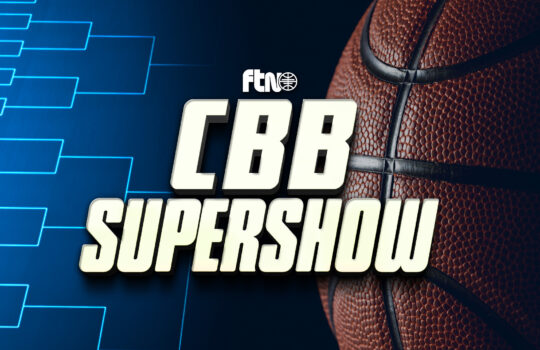

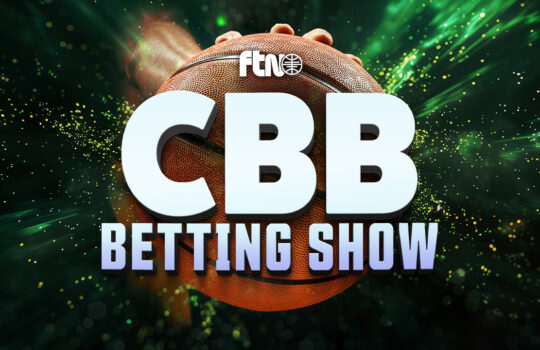











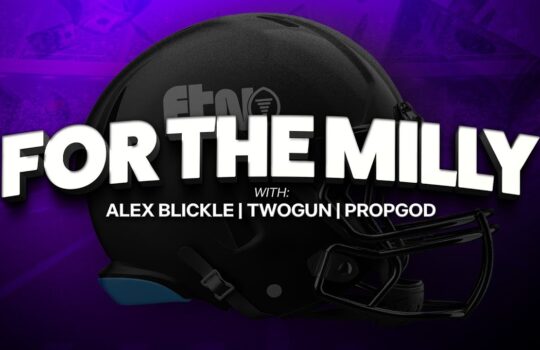










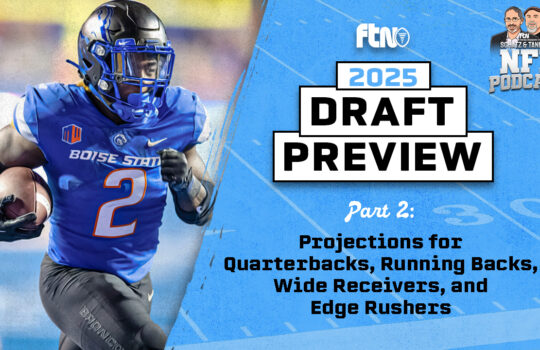

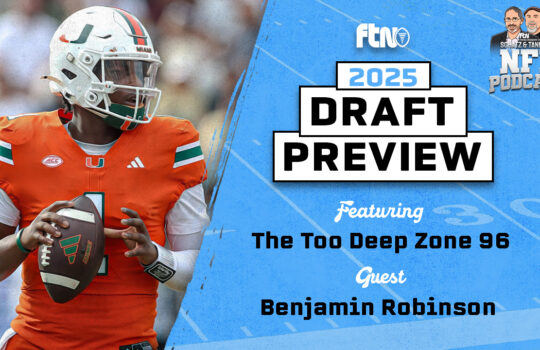
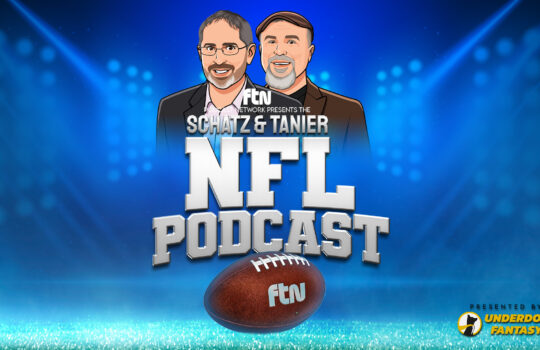




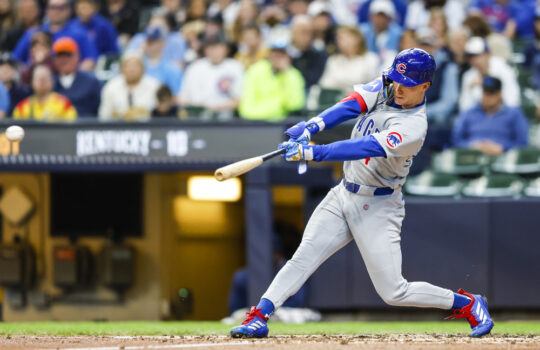

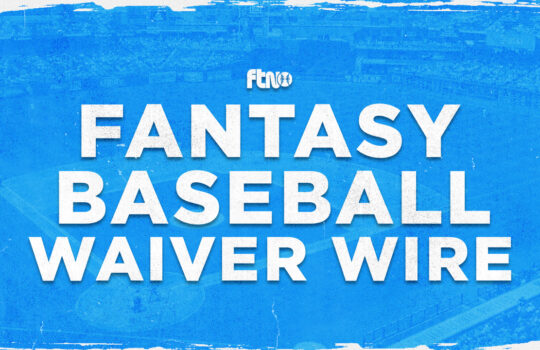

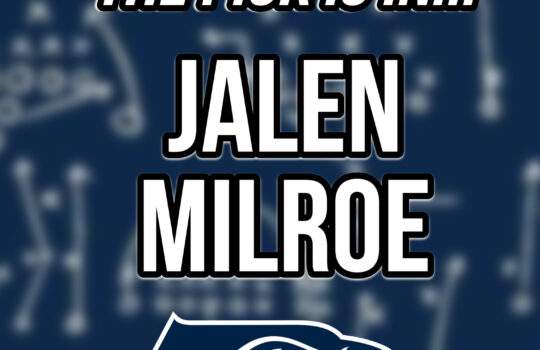

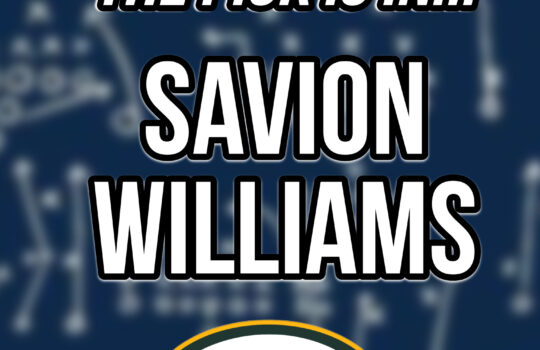
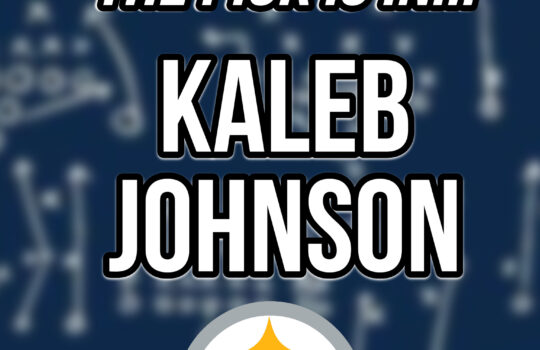

 New York Jets
New York Jets  New England Patriots
New England Patriots 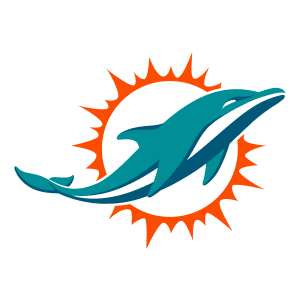 Miami Dolphins
Miami Dolphins  Buffalo Bills
Buffalo Bills  Pittsburgh Steelers
Pittsburgh Steelers  Cleveland Browns
Cleveland Browns  Cincinnati Bengals
Cincinnati Bengals 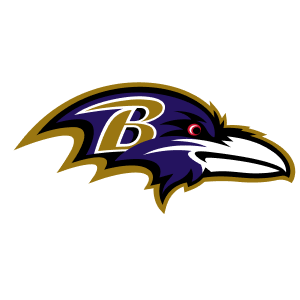 Baltimore Ravens
Baltimore Ravens 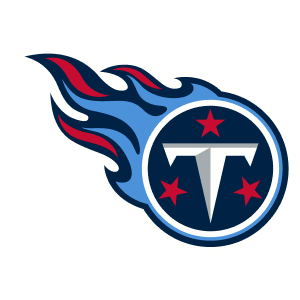 Tennessee Titans
Tennessee Titans  Jacksonville Jaguars
Jacksonville Jaguars  Indianapolis Colts
Indianapolis Colts  Houston Texans
Houston Texans  Las Vegas Raiders
Las Vegas Raiders 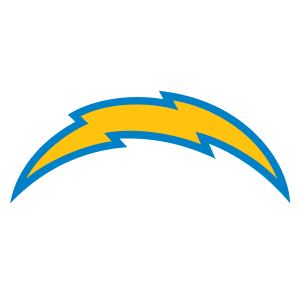 Los Angeles Chargers
Los Angeles Chargers  Kansas City Chiefs
Kansas City Chiefs  Denver Broncos
Denver Broncos  Washington Commanders
Washington Commanders  Philadelphia Eagles
Philadelphia Eagles 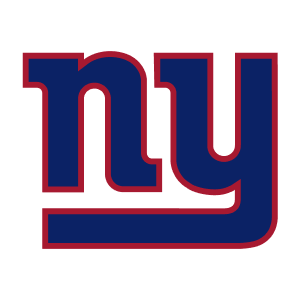 New York Giants
New York Giants  Dallas Cowboys
Dallas Cowboys 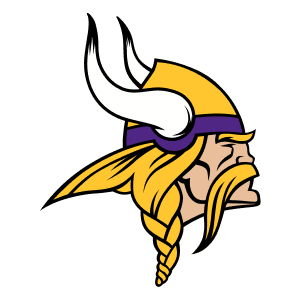 Minnesota Vikings
Minnesota Vikings 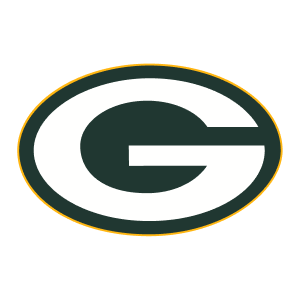 Green Bay Packers
Green Bay Packers 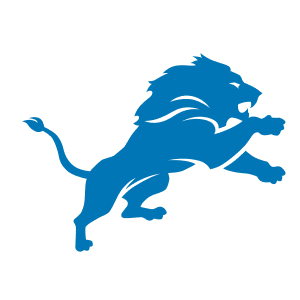 Detroit Lions
Detroit Lions 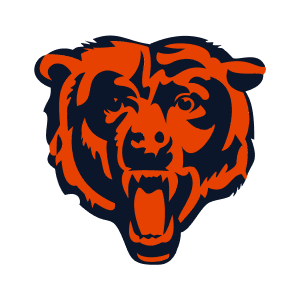 Chicago Bears
Chicago Bears 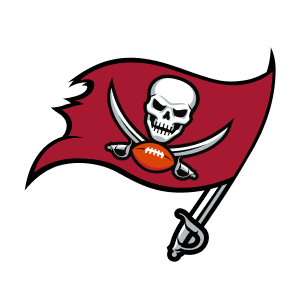 Tampa Bay Buccaneers
Tampa Bay Buccaneers  New Orleans Saints
New Orleans Saints 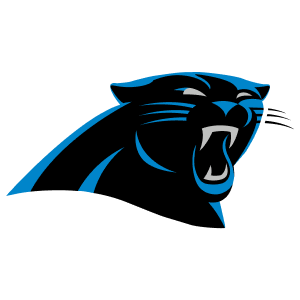 Carolina Panthers
Carolina Panthers 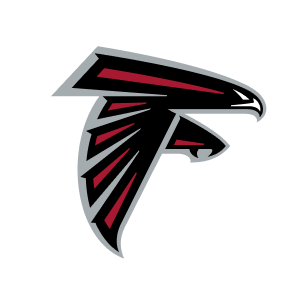 Atlanta Falcons
Atlanta Falcons 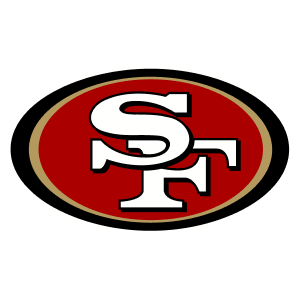 San Francisco 49ers
San Francisco 49ers  Seattle Seahawks
Seattle Seahawks  Los Angeles Rams
Los Angeles Rams 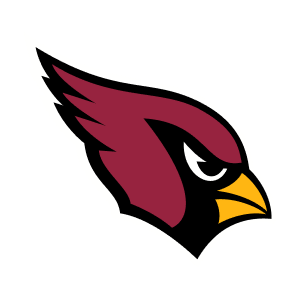 Arizona Cardinals
Arizona Cardinals 
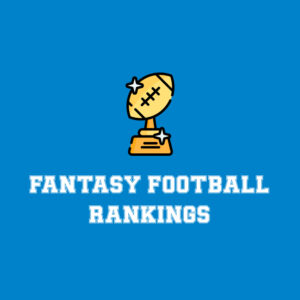
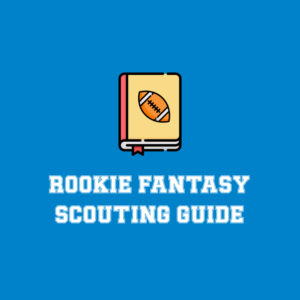
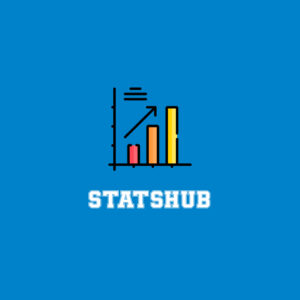
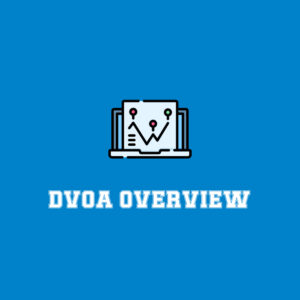




 Boston Celtics
Boston Celtics  Brooklyn Nets
Brooklyn Nets  Philadelphia 76ers
Philadelphia 76ers  New York Knicks
New York Knicks  Toronto Raptors
Toronto Raptors  Chicago Bulls
Chicago Bulls  Detroit Pistons
Detroit Pistons  Milwaukee Bucks
Milwaukee Bucks  Cleveland Cavaliers
Cleveland Cavaliers  Indiana Pacers
Indiana Pacers  Orlando Magic
Orlando Magic 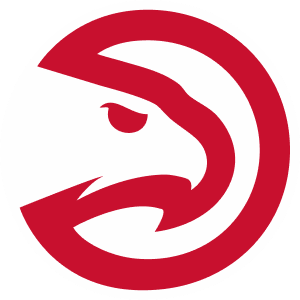 Atlanta Hawks
Atlanta Hawks  Charlotte Hornets
Charlotte Hornets  Miami Heat
Miami Heat  Washington Wizards
Washington Wizards  Denver Nuggets
Denver Nuggets  Minnesota Timberwolves
Minnesota Timberwolves  Oklahoma City Thunder
Oklahoma City Thunder  Portland Trail Blazers
Portland Trail Blazers  Utah Jazz
Utah Jazz  LA Clippers
LA Clippers  Golden State Warriors
Golden State Warriors  Los Angeles Lakers
Los Angeles Lakers  Phoenix Suns
Phoenix Suns  Sacramento Kings
Sacramento Kings  Dallas Mavericks
Dallas Mavericks  Houston Rockets
Houston Rockets  Memphis Grizzlies
Memphis Grizzlies  New Orleans Pelicans
New Orleans Pelicans  San Antonio Spurs
San Antonio Spurs 
